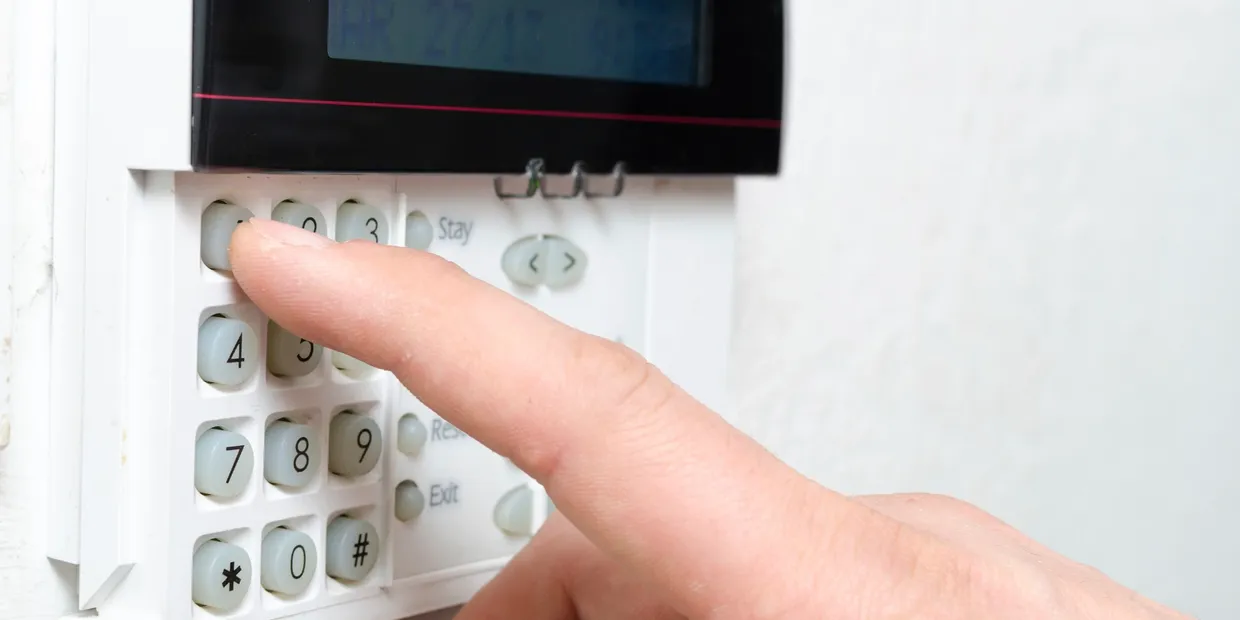The Importance of Rapid Response in Emergencies
In today’s fast-paced world, security has become a paramount concern for both residential and commercial properties. When an alarm is triggered, the speed at which help can arrive is crucial. Delays can lead to significant losses, whether in terms of property damage, theft, or even personal safety. Understanding how quickly emergency services can respond to a security alarm is essential for effective risk management.
Rapid security alarm response not only mitigates potential damage but also provides peace of mind to property owners. Knowing that help is just moments away can deter criminals and enhance the overall security of a location. This article explores the factors that influence response times and what individuals can do to ensure they receive the fastest assistance possible.
Factors Influencing Response Times
Type of Alarm System
The type of security alarm system installed plays a significant role in determining how quickly help can be dispatched. Some systems are monitored by professional security companies, while others may rely on self-monitoring. Professional monitoring services typically offer quicker response times, as they have dedicated personnel who can assess the situation and alert the authorities immediately.
Self-monitored systems, on the other hand, may require the property owner to respond to alerts before contacting emergency services. This can lead to delays, especially if the owner is not immediately available or is unsure whether the alarm is a false alarm.
Geographical Location
The geographical location of the property also impacts response times. Urban areas generally benefit from quicker response times due to the proximity of emergency services. In contrast, rural locations may experience delays, as emergency responders may need to travel longer distances. This factor is particularly important for individuals living in remote areas, where local law enforcement may not be readily available.
Additionally, the availability of resources in a given area can affect how quickly help can arrive. For instance, if multiple emergencies occur simultaneously, response times may be extended as resources are stretched thin.
Time of Day
The time of day can also influence how quickly help arrives. During peak hours, such as late at night or early in the morning, emergency services may be less busy, allowing for faster response times. Conversely, during busy periods, such as weekends or holidays, response times may be slower due to increased demand on services.
Moreover, certain times can see an uptick in criminal activity, prompting a higher volume of alarm triggers. Understanding these patterns can help property owners gauge the potential risks associated with their security systems.
The Role of Monitoring Services
24/7 Monitoring
Many security alarm systems offer 24/7 monitoring services, which can significantly enhance response times. These services ensure that trained professionals are always available to respond to alarms, assess the situation, and contact the necessary authorities. With constant monitoring, property owners can rest assured that assistance is just a phone call away, regardless of the time of day.
Additionally, monitoring services often have protocols in place to verify alarms. This can include contacting the property owner to confirm whether the alarm is legitimate before dispatching emergency services. This verification process can help reduce false alarms, ensuring that resources are used efficiently.
Integration with Local Authorities
Some advanced security systems can integrate directly with local law enforcement agencies. This integration allows for immediate notification of the authorities when an alarm is triggered, bypassing the need for a middleman. Such systems can provide real-time updates to emergency responders, enabling them to assess the situation before arriving on the scene.
Furthermore, these integrated systems can offer valuable information, such as the type of alarm triggered and the history of previous incidents at the property. This data can help responders prepare for what they might encounter upon arrival, potentially leading to faster resolutions.
Best Practices for Ensuring Quick Response
Regular System Maintenance
Regular maintenance of security alarm systems is essential to ensure they function correctly when needed. This includes testing the system periodically, replacing batteries, and ensuring that all components are in good working order. A well-maintained system is less likely to malfunction, which can lead to delays in response times.

Property owners should also keep their contact information up to date with their monitoring service. If the monitoring service cannot reach the property owner, they may have to rely on secondary contacts, which can further delay response times.
Educating Household Members
Educating all household members about the security system is crucial. Everyone should know how to operate the alarm, what to do in the event of a trigger, and how to contact emergency services if necessary. This knowledge can help ensure a prompt response, as all individuals will be prepared to act quickly in an emergency.
Additionally, establishing a family emergency plan can further enhance preparedness. This plan should outline specific actions to take in the event of an alarm, including who to contact and where to meet if evacuation is necessary.
Choosing the Right Security Provider
Selecting a reputable security provider is vital for ensuring quick response times. Researching different companies, reading reviews, and comparing services can help property owners find a provider that meets their needs. It is essential to choose a company with a proven track record of fast response times and excellent customer service.
Moreover, discussing response times and protocols with potential providers can provide valuable insights into their operations. Understanding how they handle alarms and their relationship with local authorities can help property owners make informed decisions.
Understanding Response Time Expectations
Average Response Times
While response times can vary widely based on numerous factors, average response times for emergency services typically range from 5 to 15 minutes in urban areas. In rural locations, however, response times can extend to 20 minutes or more. It is essential for property owners to have realistic expectations regarding how quickly help can arrive.
Understanding these averages can help individuals assess their security needs and determine whether additional measures, such as enhanced monitoring or local patrol services, are necessary.
The Impact of False Alarms
False alarms can significantly impact response times. When emergency services respond to a false alarm, it can divert resources away from genuine emergencies, leading to longer wait times for those in need. Many jurisdictions have implemented fines for repeated false alarms to encourage property owners to maintain their systems and reduce unnecessary calls.
To mitigate the risk of false alarms, property owners should ensure their systems are set up correctly and that all users are trained on how to operate them. Regular maintenance and updates can also help minimise the occurrence of false alarms.

Conclusion: The Need for Preparedness
In conclusion, the speed at which help can arrive during a security alarm emergency is influenced by various factors, including the type of alarm system, geographical location, and time of day. By understanding these elements and taking proactive steps, property owners can enhance their security measures and ensure a quicker response in emergencies.
Investing in professional monitoring services, maintaining alarm systems, educating household members, and choosing the right security provider are all essential components of an effective security strategy. Ultimately, preparedness is key to minimising risks and ensuring that help is available when it is most needed.
As security threats continue to evolve, staying informed and proactive in security measures will provide the best defence against potential emergencies. With the right approach, property owners can significantly improve their chances of receiving timely assistance when it matters most.
Read More: Alarm monitoring system: how to choose the right one for your business.

